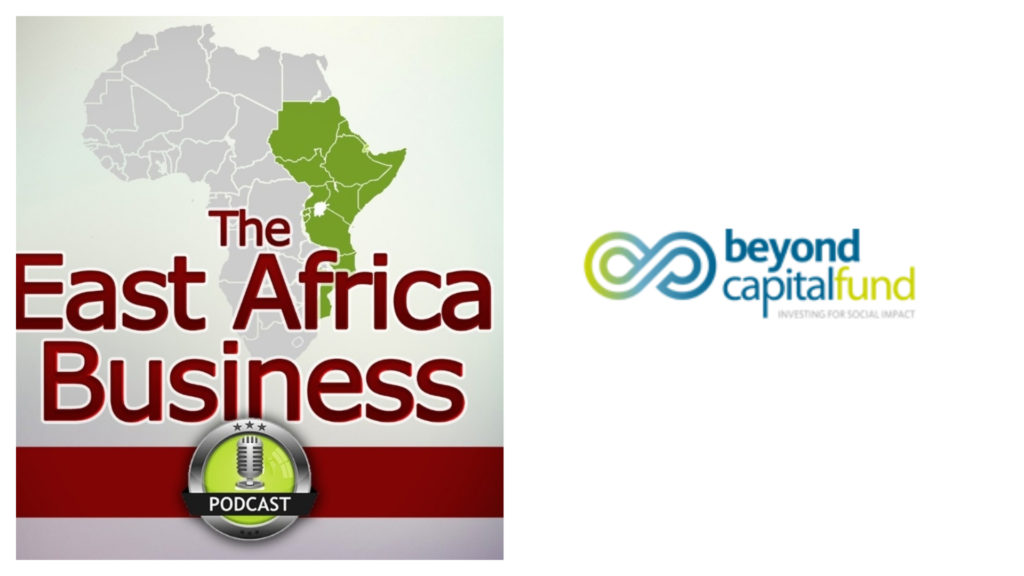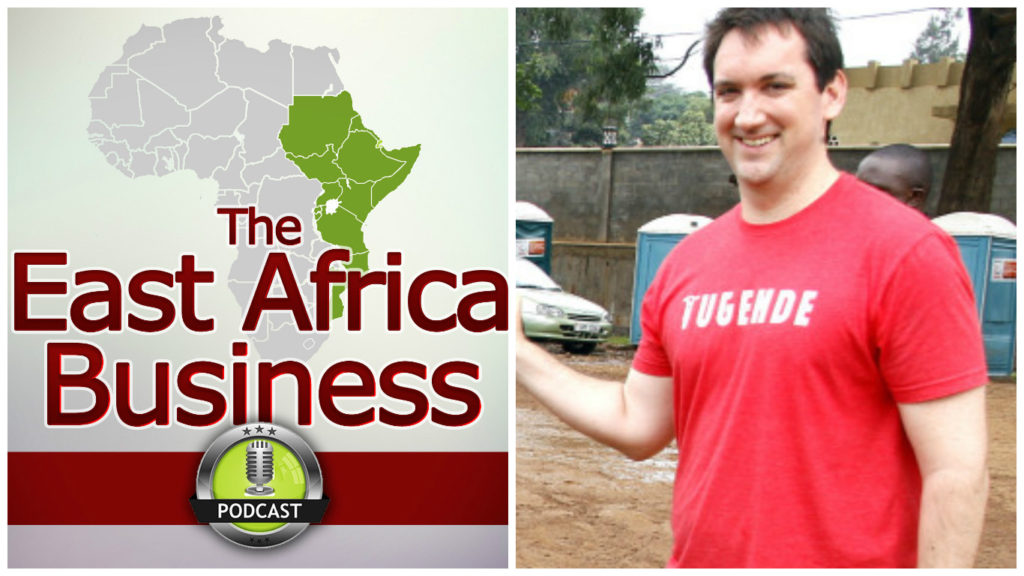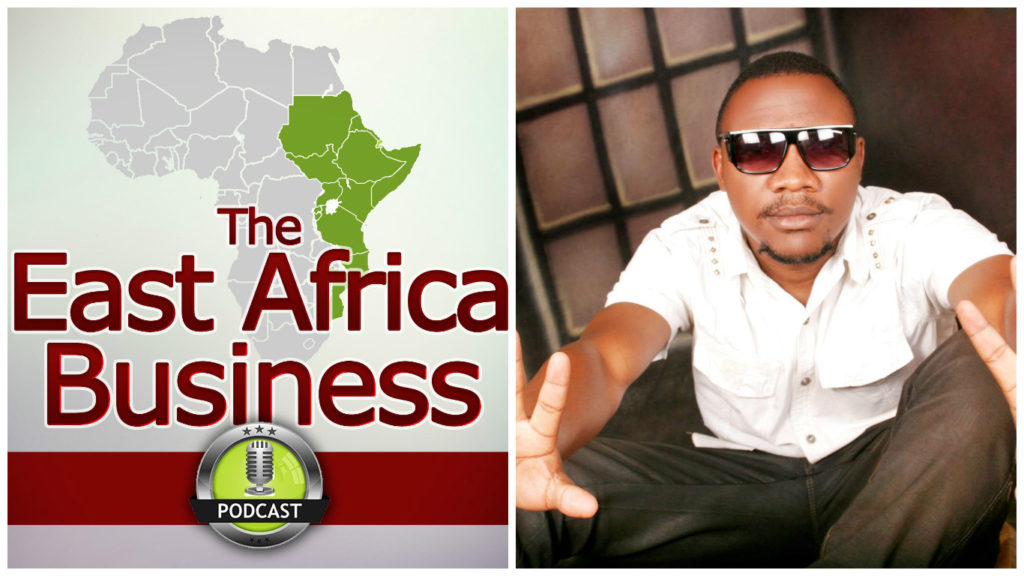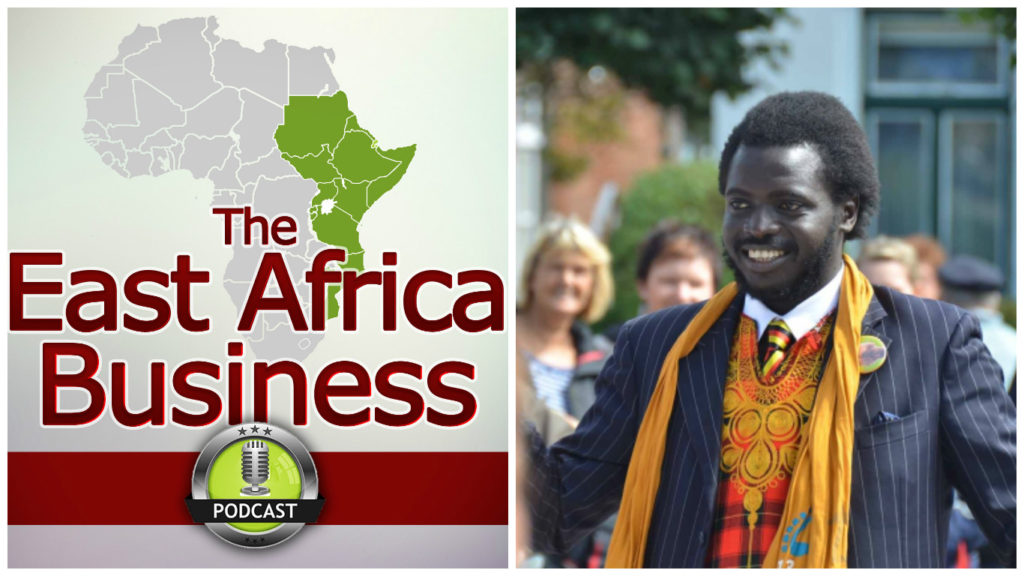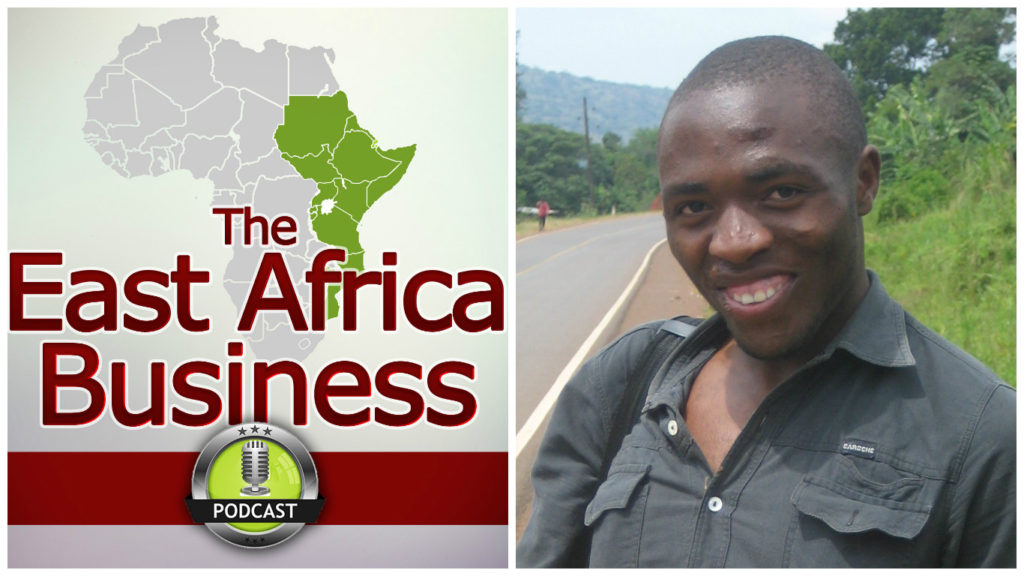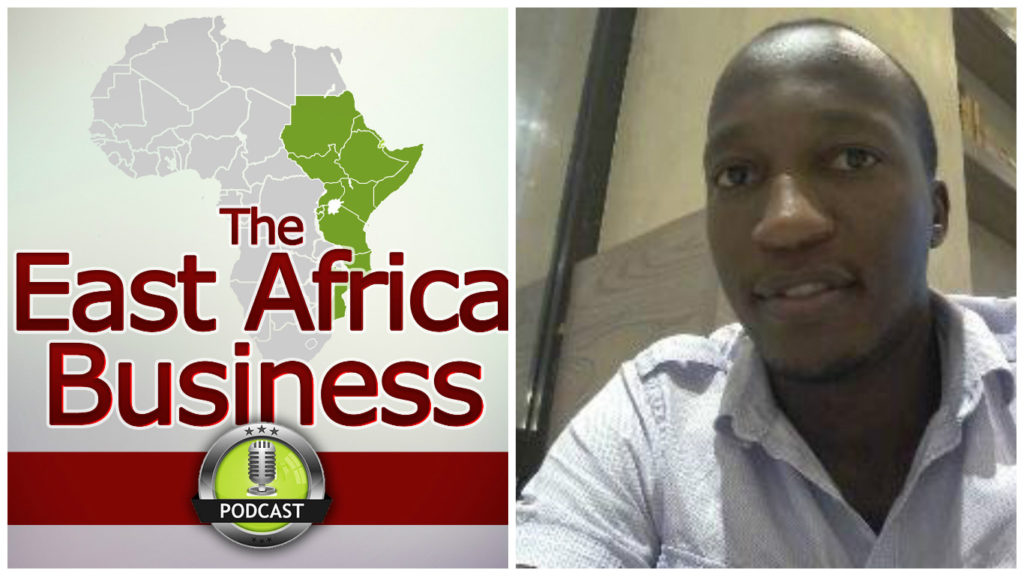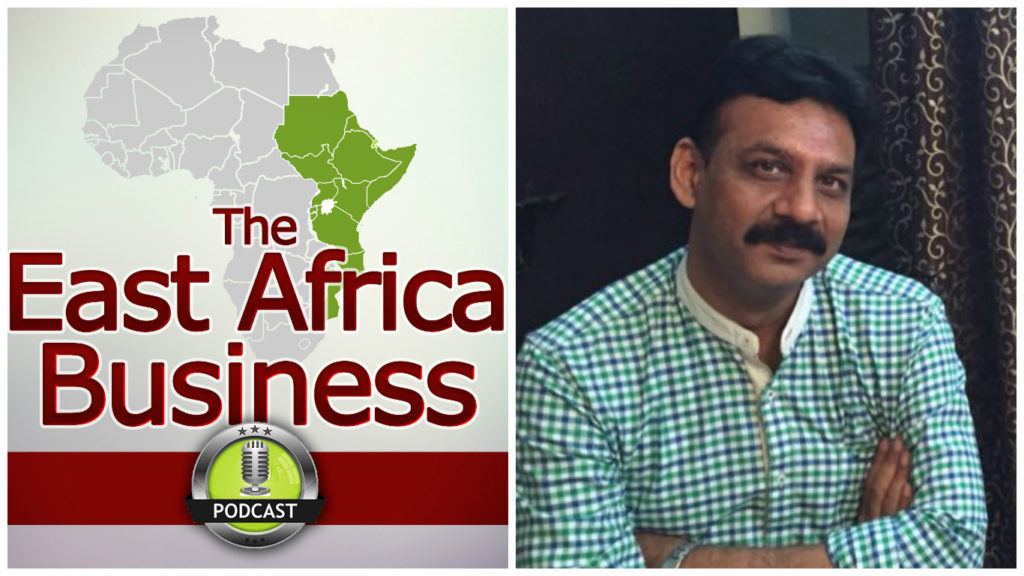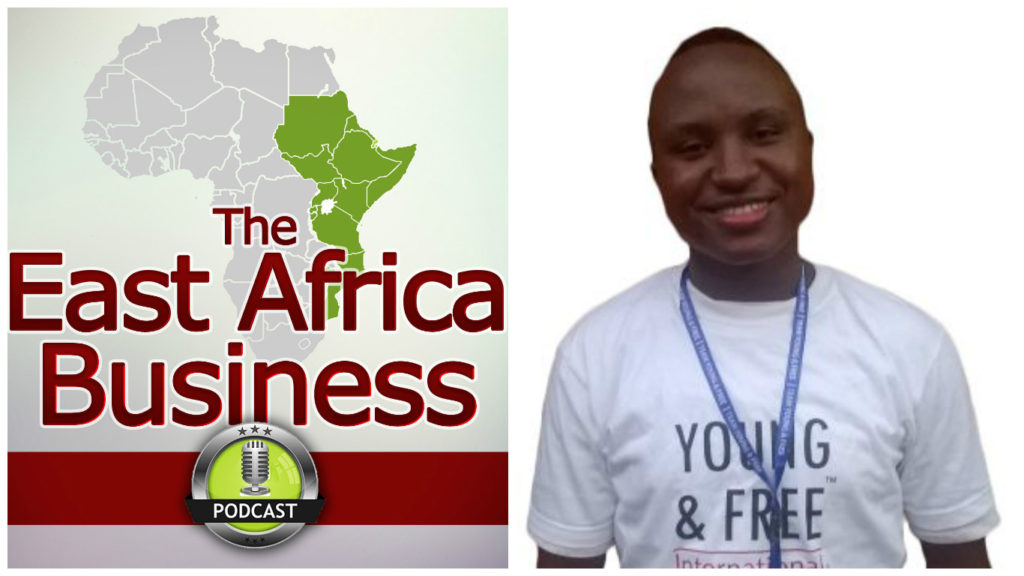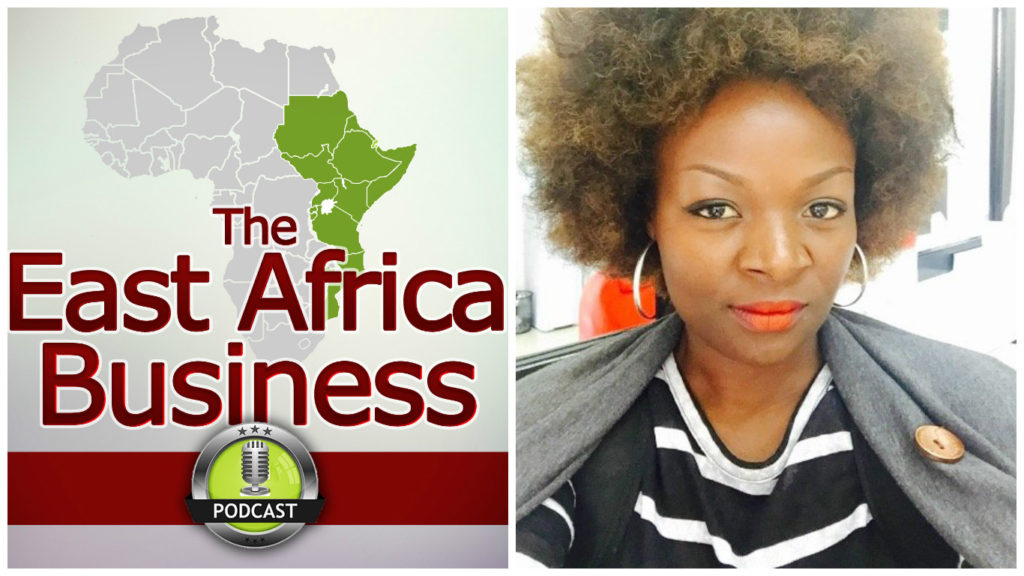Overview
In this episode I speak with Brian Axelrad and Nicholas Java: investors at Beyond Capital.
They are a special type of investor, which is the topic of our discussion.
Beyond Capital operates as an impact investor, an interesting player in the East Africa business space.
Like traditional investment, impact investment is fundamentally a vehicle for injecting money into ventures, the difference lies in that the success of the investment is measured not just in financial terms, but also for social good.
As we discuss, this can be a tricky concept to define – but the broad sense is that these investments will accept a trade off on pure financial return on investment, in exchange for promoting pre-defined societal objectives.
For Beyond Capital they invest in businesses that address the lack of access to basic goods.
We go through how they whittle down opportunities in their pipeline, the challenges of reporting on impact and, where they see the greatest opportunity for impact in the social entrepreneur space.
With this episode there are also lots of links and reports that we mention, and so be sure to check out the show notes for more information about both Beyond Capital and impact investment in general. You can find more info via https://theeastafricabusinesspodcast.com/2018/08/16/impact-investing-beyond-capitals-perspective-with-brian-axelrad-and-nicholas-java/
Sign up below to hear whenever there are new stories and episodes released on the podcast
Beyond Capital’s criteria
In the investments they make, companies need to be financially stable, with long term prospects for financial return, but also how it’s going to behave as a responsible citizen. On the impact front, lack of access to basic goods is what drives their definition of impact.
Intentionality is important for impact investment
In order to be classified as impact investment, the consensus is that the initial intention behind the investment should be for impact reasons. i.e. most people invested in Uber not for impact reasons, but through a different lens, it’s reduction of greenhouse gases through the sharing economy could be classified as such.
9 capital investments
Half in India and half in East Africa. This has come from looking at 500 companies.
Deal flow comes from a local presence
This has been with Ben Grozier and Mehak Malik. They meet with businesses and are able to find opportunities in different stages of the pipeline.
Beyond Capital avoids education
Difficult to measure the impact. It also almost always involves the public sector which makes things difficult. Instead, B2C models which more directly provide access to the basic needs that people are missing is a much more direct fit.
Investors don’t sign NDAs
Their reputation is their lifeblood. There’s a level of trust between the entrepreneur and the investor which will develop over time.
“We play in the capital gap”
The area that Beyond Capital play in as at the “seed” and “pre-seed” areas.
In other parts of the world there would be disposable capital from angel investors which would fill that gap, but in East Africa and India there’s not as much to in the market to do so.
Aligning reporting on the impact
There are different levels of how to quantify the impact that the business has. This goes from the entrepreneur doing it anyway, towards more hands on approaches of how to measure the impact. It’s difficult to legal bind someone to their impact goals.
Biggest opportunity?
Brian: Using technology to facilitate financial inclusion
Nicholas: Agriculture supply chain development
Website links etc.
Website: https://www.beyondcapitalfund.org/
One of Beyond Capital’s investments is Kasha, which you can learn more about at: http://kasha.co/
Matt’s blog post on impact scorecard: https://www.linkedin.com/pulse/beyond-numbers-how-why-measuring-social-impact-matt-raimondi/
Global Impact Investors Network (GIIN): https://thegiin.org/
Brian on LinkedIn: https://www.linkedin.com/in/baxelrad/
Nicholas on LinkedIn: https://www.linkedin.com/in/nicholas-java-083a9226/
Beyond Capital on LinkedIn:https://www.linkedin.com/company/beyond-capital-fund/
Beyond Capital on Instagram: https://www.instagram.com/beyondcap/
